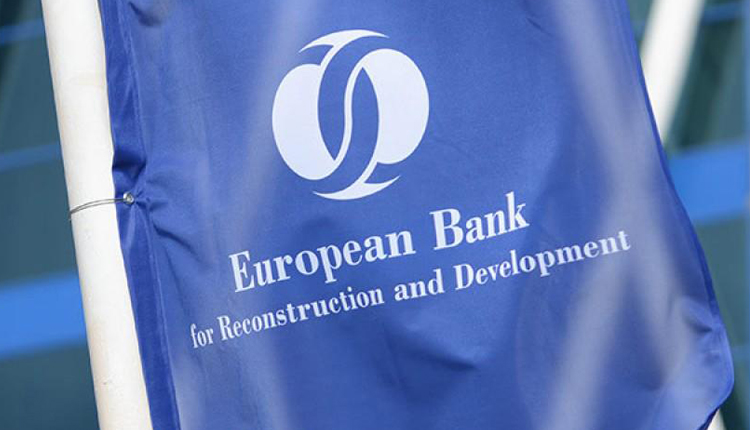EBRD studies €250 million sovereign loan to upgrade Egypt’s Cairo Metro line 2
The European Bank for Reconstruction and Development (EBRD) announced on Thursday it is studying directing a sovereign loan worth €250 million to Egypt to modernise and rehabilitate Cairo Metro’s second line.
The loan is part of EBRD’s inclusive investment package that amounts to $550 million, which is expected to be jointly financed by the European Investment Bank (EIB) and the Egyptian government, the bank added in a statement.
The modernisation and rehabilitation project will be carried out through Egypt’s National Authority for Tunnels (NAT) – an affiliate of the Egyptian transport ministry – while the Egyptian Company for Metro Management and Operation will be in charge of the operation process.
The project is in line with the EBRD’s strategy for Egypt that targets improving the quality and the sustainability of the public transport sector in the country by enhancing partnerships with the private sector, in addition to turning the country’s economy into a green economy.
EBRD further said the project is also expected to facilitate transitioning from individual transportation to a sustainable and green public transportation network.
The bank is currently adopting the Green Economy Transition (GET) (2021-2025) approach to assist countries where it operates in building green, low carbon, and resilient economies.
Under the new GET approach, the EBRD is set to increase green financing to more than 50 percent of its annual business amount by 2025, with the key aim to lower net annual green house gas emission by at least 25 million tonnes over the course of the next five years.
The bank’s GET approach also takes into account the COVID‐19 pandemic and its severe impacts, highlighting areas of opportunity to support a green recovery.
The approach builds on the EBRD’s long track record of financing green investments, as the bank has earmarked €36 billion for green investments to date and financed more than 2,000 green projects, which are expected to cut 104 million tonnes of carbon emissions annually.


